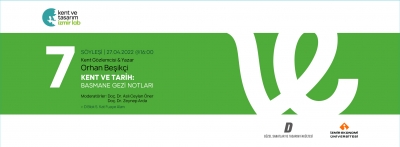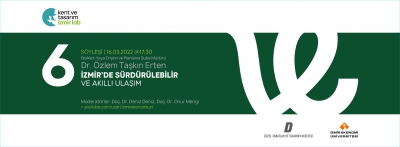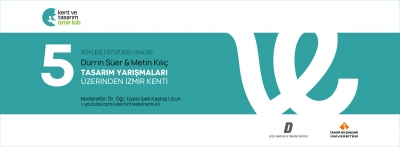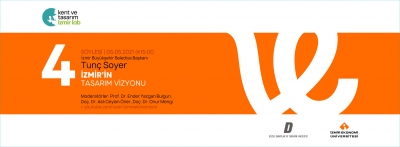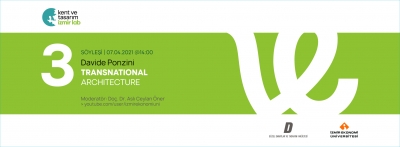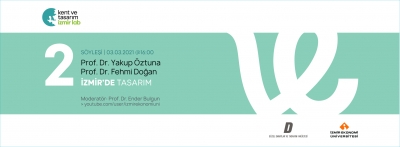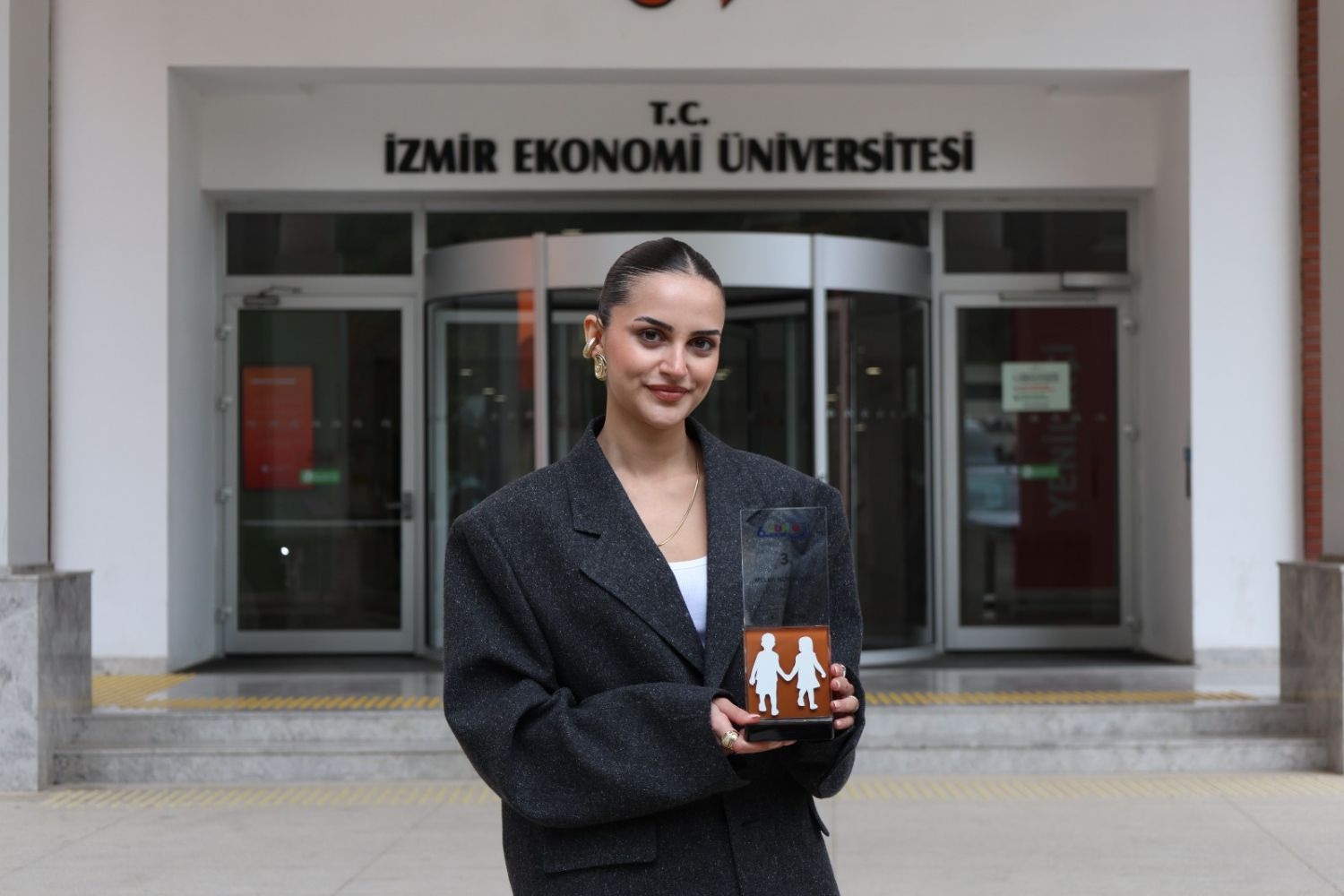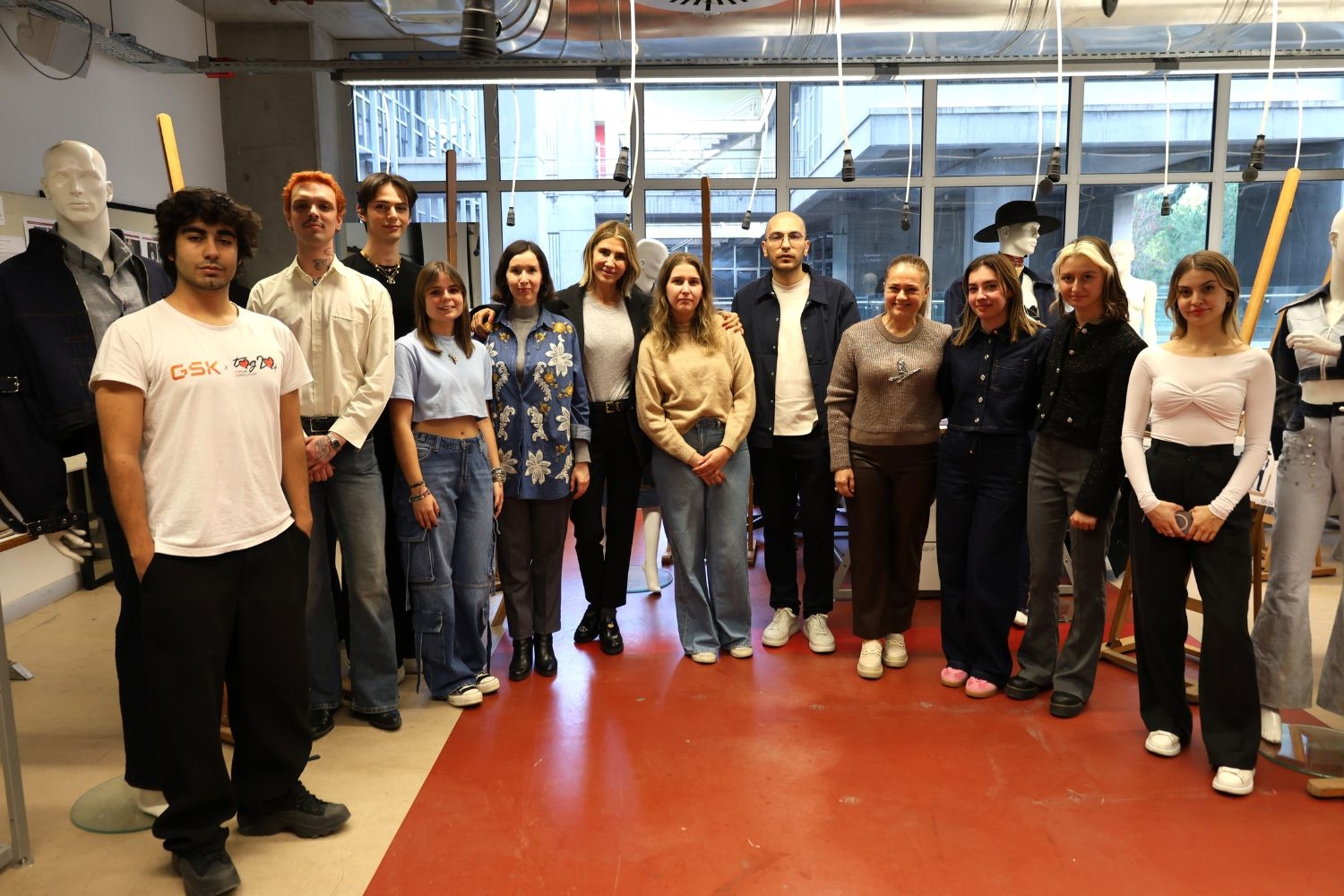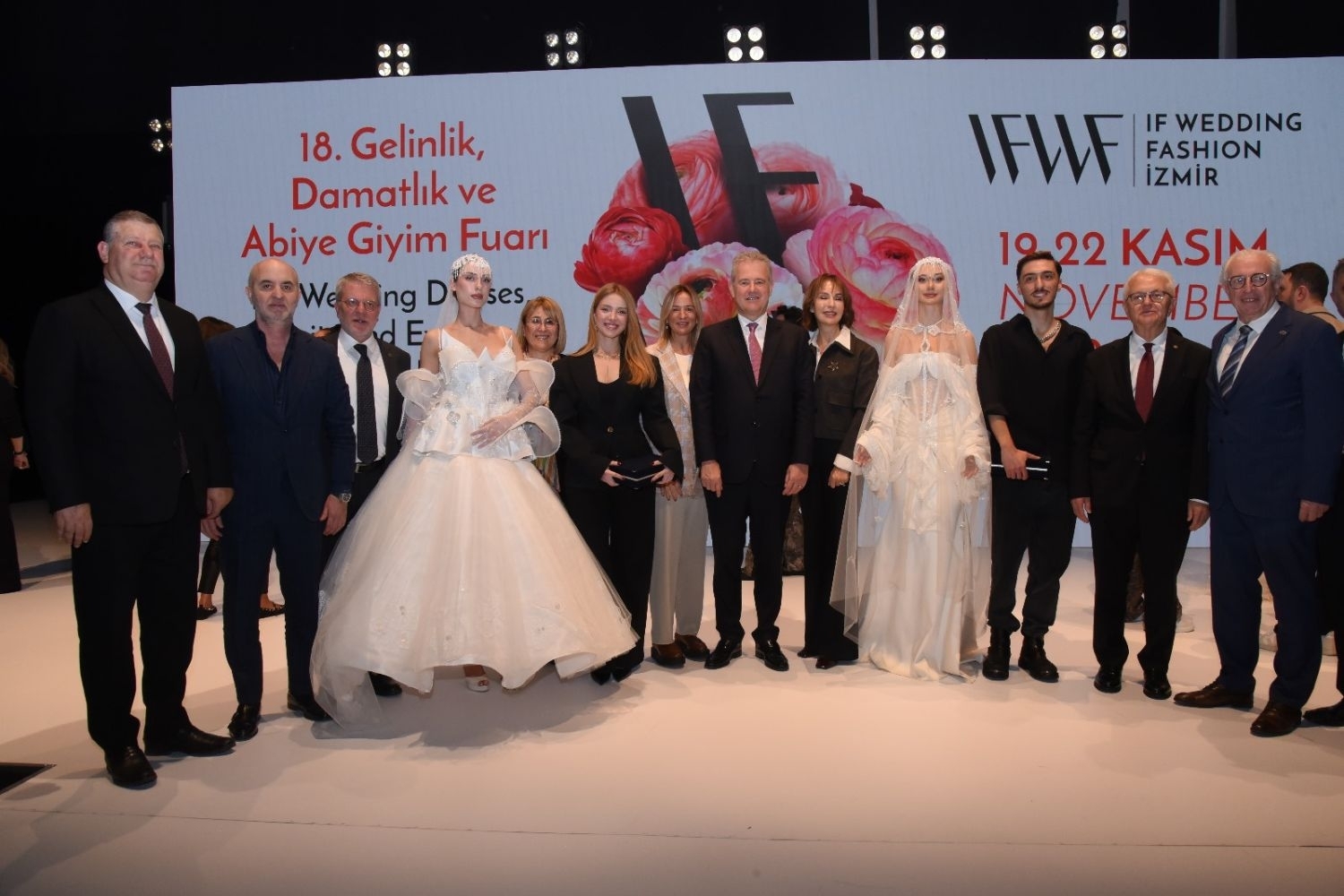FACULTY OF FINE ARTS AND DESIGN
Department of Textile and Fashion DesignBA 334 | Course Introduction and Application Information
| Course Name |
Cost Analysis in Fashion Industry
|
|
Code
|
Semester
|
Theory
(hour/week) |
Application/Lab
(hour/week) |
Local Credits
|
ECTS
|
|
BA 334
|
Fall/Spring
|
2
|
0
|
3
|
4
|
| Prerequisites |
None
|
|||||
| Course Language |
English
|
|||||
| Course Type |
Service Course
|
|||||
| Course Level |
First Cycle
|
|||||
| Mode of Delivery | - | |||||
| Teaching Methods and Techniques of the Course | - | |||||
| National Occupation Classification | - | |||||
| Course Coordinator | - | |||||
| Course Lecturer(s) | - | |||||
| Assistant(s) | - | |||||
| Course Objectives | This course aims to explain the methods for information development that would be used for the determination of costs, managerial planning, control, and decision making in fashion industry. Managerial Accounting refers to accounting information developed for managers within an organization. It is also the process of identifying, measuring, accumulating, analyzing, preparing, interpreting, and communicating information that assists managers to fulfill organizational objectives. |
| Learning Outcomes |
The students who succeeded in this course;
|
| Course Description | This course will examine the fundamental concepts of the managerial and cost accounting by explaining costs, expenses, costvolumeprofit analysis, and cost methods. Under the concept of managerial accounting, this course will analyze budgeting, controlling and decision making processes. |
| Related Sustainable Development Goals |
|
|
|
Core Courses | |
| Major Area Courses | ||
| Supportive Courses |
X
|
|
| Media and Management Skills Courses | ||
| Transferable Skill Courses |
WEEKLY SUBJECTS AND RELATED PREPARATION STUDIES
| Week | Subjects | Related Preparation |
| 1 | The Accountant's Role in the Organization An Introduction to Cost Terms and Purposes | Cost Accounting: A managerial Emphasis by Horngren, Datar, Foster, Rajan, Ittner PearsonPrentice Hall, 13th edition. |
| 2 | Determining How Costs Behave | Cost Accounting: A managerial Emphasis by Horngren, Datar, Foster, Rajan, Ittner PearsonPrentice Hall, 13th edition. |
| 3 | CostVolume Profit Analysis | Cost Accounting: A managerial Emphasis by Horngren, Datar, Foster, Rajan, Ittner PearsonPrentice Hall, 13th edition. |
| 4 | Job Costing | Cost Accounting: A managerial Emphasis by Horngren, Datar, Foster, Rajan, Ittner PearsonPrentice Hall, 13th edition. |
| 5 | Job Costing | Cost Accounting: A managerial Emphasis by Horngren, Datar, Foster, Rajan, Ittner PearsonPrentice Hall, 13th edition. |
| 6 | ActivityBased Costing and Activity Based Management | Cost Accounting: A managerial Emphasis by Horngren, Datar, Foster, Rajan, Ittner PearsonPrentice Hall, 13th edition. |
| 7 | ActivityBased Costing and Activity Based Management | Cost Accounting: A managerial Emphasis by Horngren, Datar, Foster, Rajan, Ittner PearsonPrentice Hall, 13th edition. |
| 8 | Allocation of Support Department Costs, Common Costs and Revenues Cost Allocation: joint products and Byproducts | Cost Accounting: A managerial Emphasis by Horngren, Datar, Foster, Rajan, Ittner PearsonPrentice Hall, 13th edition. |
| 9 | Process Costing | Cost Accounting: A managerial Emphasis by Horngren, Datar, Foster, Rajan, Ittner PearsonPrentice Hall, 13th edition. |
| 10 | Master Budget and Responsibility Accounting | Cost Accounting: A managerial Emphasis by Horngren, Datar, Foster, Rajan, Ittner PearsonPrentice Hall, 13th edition. |
| 11 | Master Budget and Responsibility Accounting | Cost Accounting: A managerial Emphasis by Horngren, Datar, Foster, Rajan, Ittner PearsonPrentice Hall, 13th edition. |
| 12 | Flexible Budgets, DirectCost Variances and Overhead Variances | Cost Accounting: A managerial Emphasis by Horngren, Datar, Foster, Rajan, Ittner PearsonPrentice Hall, 13th edition. |
| 13 | Flexible Budgets, DirectCost Variances and Overhead Variances | Cost Accounting: A managerial Emphasis by Horngren, Datar, Foster, Rajan, Ittner PearsonPrentice Hall, 13th edition. |
| 14 | DecisionMaking and Relevant Information | Cost Accounting: A managerial Emphasis by Horngren, Datar, Foster, Rajan, Ittner PearsonPrentice Hall, 13th edition. |
| 15 | DecisionMaking and Relevant Information | Cost Accounting: A managerial Emphasis by Horngren, Datar, Foster, Rajan, Ittner PearsonPrentice Hall, 13th edition. |
| 16 | Wrap UP |
| Course Notes/Textbooks | Cost Accounting: A managerial Emphasis by Horngren, Datar, Foster, Rajan, Ittner PearsonPrentice Hall, 13th edition. |
| Suggested Readings/Materials |
EVALUATION SYSTEM
| Semester Activities | Number | Weigthing |
| Participation |
1
|
10
|
| Laboratory / Application | ||
| Field Work | ||
| Quizzes / Studio Critiques | ||
| Portfolio | ||
| Homework / Assignments |
4
|
|
| Presentation / Jury | ||
| Project | ||
| Seminar / Workshop | ||
| Oral Exams | ||
| Midterm |
1
|
30
|
| Final Exam |
1
|
40
|
| Total |
| Weighting of Semester Activities on the Final Grade | ||
| Weighting of End-of-Semester Activities on the Final Grade | ||
| Total |
ECTS / WORKLOAD TABLE
| Semester Activities | Number | Duration (Hours) | Workload |
|---|---|---|---|
| Theoretical Course Hours (Including exam week: 16 x total hours) |
16
|
2
|
32
|
| Laboratory / Application Hours (Including exam week: '.16.' x total hours) |
16
|
0
|
|
| Study Hours Out of Class |
15
|
2
|
30
|
| Field Work |
0
|
||
| Quizzes / Studio Critiques |
0
|
||
| Portfolio |
0
|
||
| Homework / Assignments |
4
|
2
|
8
|
| Presentation / Jury |
0
|
||
| Project |
0
|
||
| Seminar / Workshop |
0
|
||
| Oral Exam |
0
|
||
| Midterms |
1
|
15
|
15
|
| Final Exam |
1
|
15
|
15
|
| Total |
100
|
COURSE LEARNING OUTCOMES AND PROGRAM QUALIFICATIONS RELATIONSHIP
|
#
|
Program Competencies/Outcomes |
* Contribution Level
|
|||||
|
1
|
2
|
3
|
4
|
5
|
|||
| 1 |
To be able to develop and design a collection independently. |
X
|
-
|
-
|
-
|
-
|
|
| 2 |
To be able to do maintain a design research individually or as a team. |
X
|
-
|
-
|
-
|
-
|
|
| 3 |
To be able to develop entrepreneurship- and managerial skills for a future professional practice. |
-
|
X
|
-
|
-
|
-
|
|
| 4 |
To be able to understand, interpret and apply theoretical knowledge in fashion and textile design. |
-
|
-
|
-
|
-
|
X
|
|
| 5 |
To be able to analyze and integrate the particular local and regional needs and of their profession. |
-
|
-
|
-
|
X
|
-
|
|
| 6 |
To be able to obtain a multidisciplinary point of view, follow and analyze the new issues, changes and trends in contemporary design and art in such a way that they can be integrated into design practice. |
-
|
-
|
X
|
-
|
-
|
|
| 7 |
To be able to apply industrial requirements, knowledge of material & usage and know-how knowledge in the creation of high quality fashion products. |
X
|
-
|
-
|
-
|
-
|
|
| 8 |
To be able to use digital information and communication technologies at a level that is adequate to the discipline of fashion and textile design. |
-
|
-
|
-
|
X
|
-
|
|
| 9 |
To be able to develop an ongoing analytical and professional approach to academic and design research. |
-
|
-
|
X
|
-
|
-
|
|
| 10 |
To be able to recognize the need and importance of a personal lifelong learning attitude towards their chosen area of interest. |
-
|
-
|
-
|
X
|
-
|
|
| 11 |
To be able to collect data in the areas of fashion and textile design and communicate with colleagues in a foreign language ("European Language Portfolio Global Scale", Level B1). |
-
|
-
|
X
|
-
|
-
|
|
| 12 |
To be able to speak a second foreign at a medium level of fluency efficiently. |
-
|
-
|
-
|
-
|
X
|
|
| 13 |
To be able to relate the knowledge accumulated throughout the human history to their field of expertise. |
-
|
-
|
-
|
-
|
X
|
|
*1 Lowest, 2 Low, 3 Average, 4 High, 5 Highest
NEWSALL NEWS

IZMIR UNIVERSITY OF ECONOMICS GÜZELBAHÇE CAMPUS
DetailsGLOBAL CAREER
As Izmir University of Economics transforms into a world-class university, it also raises successful young people with global competence.
More..CONTRIBUTION TO SCIENCE
Izmir University of Economics produces qualified knowledge and competent technologies.
More..VALUING PEOPLE
Izmir University of Economics sees producing social benefit as its reason for existence.
More..









